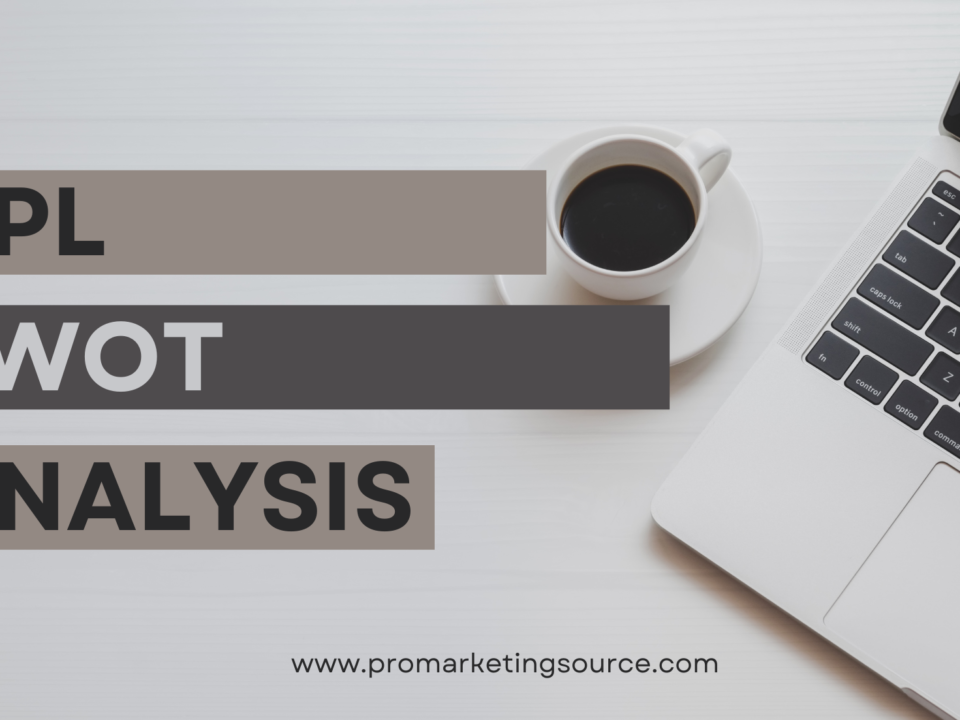The optimal blog post length for SEO purposes has been a topic of much discussion among digital marketers and SEO experts. While there isn't a one-size-fits-all answer, several studies and SEO authorities suggest that longer content tends to perform better in search engine rankings. The reasoning behind this is that longer posts often provide more comprehensive coverage of a topic, offer more value to readers, and thus have a higher likelihood of earning backlinks and social shares, which are crucial SEO factors.
Ideal Blog Post Length for SEO
- 1,000 to 2,500 Words: Many experts agree that blog posts should aim for a minimum of 1,000 words. However, posts that are between 1,500 to 2,500 words (or even longer) tend to rank higher in search engine results. This range allows for in-depth coverage of a topic, including keywords, synonyms, and related terms, which can help with semantic search queries.
Factors to Consider
-
Topic Complexity: Some subjects require more words to cover thoroughly than others. Complex topics or those that warrant a deep dive could benefit from longer content to fully address readers' questions and improve search rankings.
-
Audience Engagement: Longer content needs to be engaging to keep readers interested. Using subheadings, bullet points, images, and videos can help break up text and improve the user experience.
-
Quality Over Quantity: While longer posts often rank better, the primary focus should always be on the quality of the content. High-quality, valuable, and relevant content is more likely to be read, shared, and linked to, regardless of length.
-
Industry Standards: Some industries might see better engagement with shorter, more concise posts due to their audience's preferences. It's important to understand your target audience and what works best for them.
SEO Best Practices for Blog Length
-
Keyword Optimization: Regardless of length, including relevant keywords throughout your content is essential. However, avoid keyword stuffing, as it can negatively impact your SEO efforts.
-
Comprehensive Coverage: Aim to cover your topic fully in a way that answers not just the primary query but also related questions and concerns. This can increase the value of your content and make it more likely to earn high-quality backlinks.
-
Regular Updates: Updating old content to make it longer and more comprehensive can also improve SEO performance. This shows search engines that your content is current and provides value.
Conclusion
While longer blog posts tend to perform better in search engine rankings, the key to success lies in balancing length with quality, relevance, and audience engagement. Tailoring your content to your audience's preferences and ensuring comprehensive coverage of your topic will typically yield the best SEO results. Always prioritize creating valuable content that addresses your readers' needs and questions, as this is what ultimately drives engagement, shares, and backlinks, all of which are crucial for SEO success.




